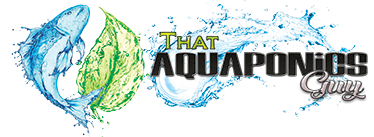Active Principle: A plant chemical proven to have a medical effect.
Antiseptic: A substance that prevents or stops the growth of microorganisms that cause infection.
Astringent: A substance the draws together the soft tissues such as skin or mucous membranes.
Decoction: A drink or liquid extract made by boiling plant bark, roots, berries, or seeds in water.
Diuretic: A substance that increases the flow of urine.
Emollient: A substance that softens and soothes the skin and mucous membranes.
Essential Oil: A plant oil that vaporizes readily and is often obtained by steam distillation.
Expectorant: A substance that loosens and helps to expel phlegm.
Herbal Tea: A beverage made from steeping or boiling herbs.
Infusion: A preparation in which flowers, leaves, or stems are steeped in water that is not boiling.
Liquid extract: Concentrated infusion made by soaking an herb in distilled water, grain alcohol, or glycerin for a long period.
Mucous membrane: Lining of the body passage, such as the throat, that protects itself with secretions of mucus.
Photosensitivity: Sensitivity to sunlight, resulting in a rash or burning sensation, brought on by ingestion or application of certain substances.
Plaster: Gauze or cloth in which medicine has been wrapped. Plaster is typically applied to the skin.
Poultice: An herbal preparation that is usually applied directly to the affected area to relieve pain or swelling.
Purgative: A very strong laxative.
Tannins: Astringent and bitter compounds found in the seeds and skins of grapes, which slow oxidation and aging.
Tincture: An herbal liquid extract that generally involves macerating the herb in alcohol.
Volatile Oil: A plant oil that vaporizes readily and is often obtained by steam distillation, used interchangeably with essential oil.
Wash: A liquid herbal medicine preparation for external use.
